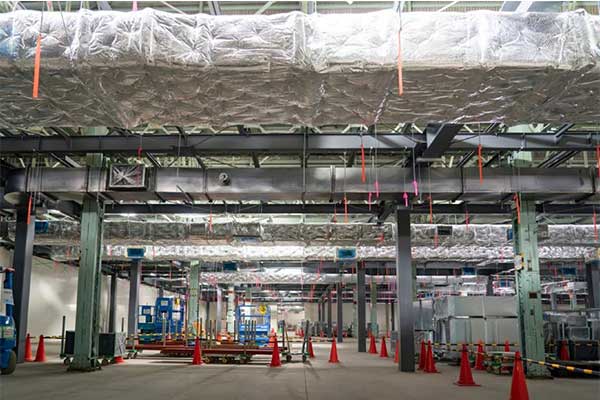Nissan is pushing forward in the electric vehicle (EV) realm by unveiling a new pilot production line in Yokohama, Japan. This move signifies the company’s commitment to staying abreast of current trends in the EV industry. The production line is poised to facilitate the manufacturing of EVs equipped with solid-state batteries, potentially at a significant volume.
Solid-state batteries present a promising leap forward compared to conventional EV batteries. With the potential to double energy capacity and halve charging time, they offer substantial benefits. Nissan recognizes the transformative potential of solid-state batteries and is actively striving to bring them into reality.

The company aims to have solid-state batteries commercially available by 2028, suggesting a relatively near-term integration into consumer vehicles. Beyond the convenience of faster charging and increased energy storage, solid-state batteries also promise enhanced safety features and the potential for a more economically accessible EV landscape.
However, Nissan is not alone in its pursuit of solid-state battery technology. Competition within the automotive industry is fierce, with other major players also investing heavily in research and development. Moreover, there are industry-wide challenges to overcome before solid-state batteries can be seamlessly integrated into mass-produced vehicles.
Nissan’s research efforts span a broad spectrum, encompassing not only the composition of solid-state batteries but also exploring the possibility of EVs powering entire cities. This ambitious scope reflects Nissan’s commitment to pioneering advancements in the field and its intention to leverage groundbreaking technology across various vehicle types.

